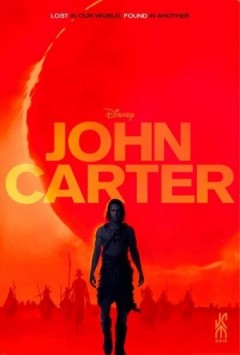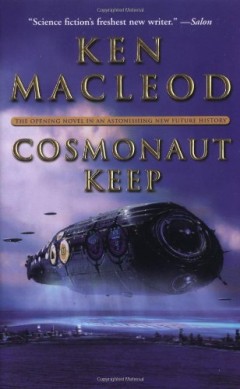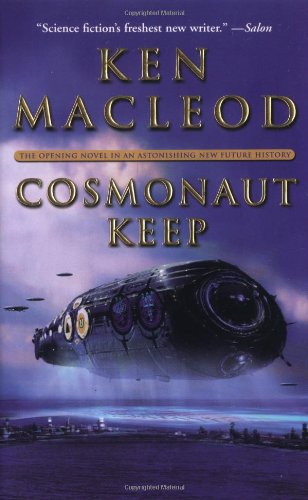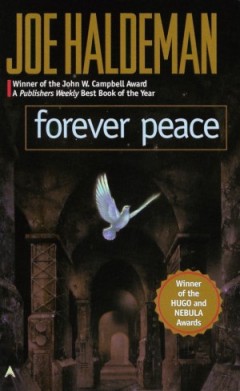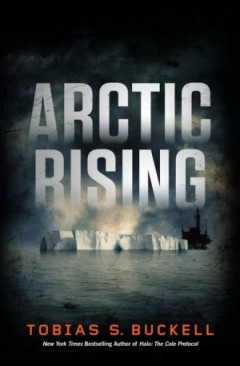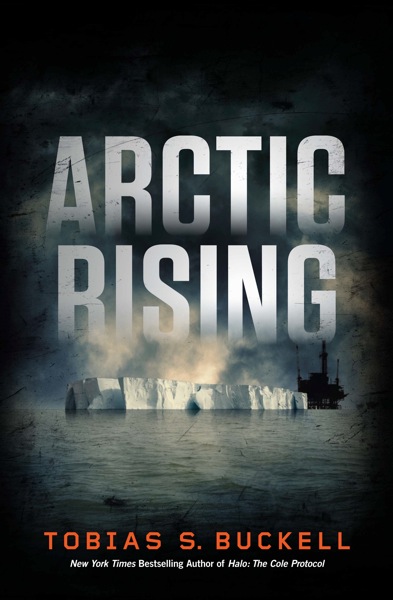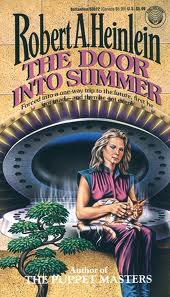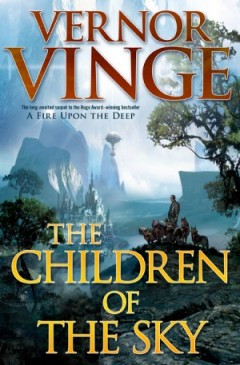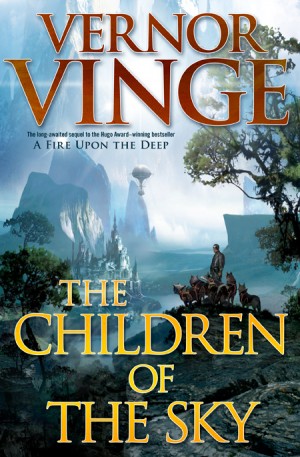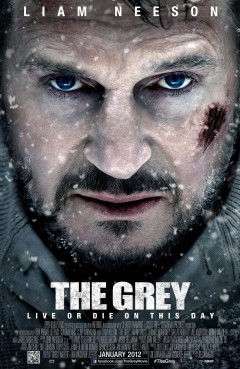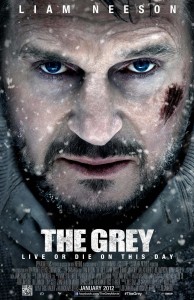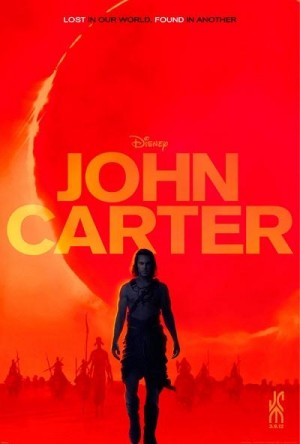 There is a certain charm to the recently released John Carter, helmed by Andrew Stanton. The two leads, Taylor Kitsch’s John Carter and Lynn Collins’s Dejah Thoris, have enough chemistry to draw the audience in; the world of Mars itself is a treat for the eyes; the basic plot is well within the bounds of standard epic adventure but perfectly sound; and many of the situations that the characters find themselves in have real potential, albeit never fully realized. In short, there was a grand story there for the telling, had there been a director capable enough to pull it off. There was not, and consequently a theatergoer is likely to leave feeling frustrated by the large gap between what was and what might have been.
There is a certain charm to the recently released John Carter, helmed by Andrew Stanton. The two leads, Taylor Kitsch’s John Carter and Lynn Collins’s Dejah Thoris, have enough chemistry to draw the audience in; the world of Mars itself is a treat for the eyes; the basic plot is well within the bounds of standard epic adventure but perfectly sound; and many of the situations that the characters find themselves in have real potential, albeit never fully realized. In short, there was a grand story there for the telling, had there been a director capable enough to pull it off. There was not, and consequently a theatergoer is likely to leave feeling frustrated by the large gap between what was and what might have been.
After a useless prologue that actually ruins the later effect when the protagonist appears on Mars for the first time, we are introduced to John Carter, a former officer of the Confederacy and current gold prospector. When the United States army tries to conscript him to fight the Apaches in Arizona, he tells them he owes them nothing and prefers to go about his own business. This defiance of the state should not excite the libertarian too much, however, because just moments before, he was busy abusing the rights of a shop owner, refusing to leave the man’s store when he wouldn’t sell. Carter’s reticence to join and fight, it turns out, is more about his bleak personal cynicism after the deaths of his wife and child than it is about a freedom-friendly moral code.
In the course of his attempt to escape the clutches of the war machine, he stumbles upon a cave where he is ambushed by a strangely dressed man with seemingly magical powers (the reason for the ambush is never made clear, though one cannot help but notice that the plot would have come to a standstill without it). After killing the ambusher, Carter takes a medallion from his cadaver and gets transported to a strange land he eventually learns is the planet Mars. He discovers he has extraordinary new powers with which he amazes some of the creatures he finds there.
Eventually, he meets a woman, a princess, fleeing an arranged marriage that could stop a war between two city-states. She wants to use him and his incredible physical prowess for her ends, which are to save her city-state from destruction without getting married; he wants to use her for his, which are to return to Earth with the help of her esoteric knowledge of his amulet. They form a distrustful alliance and adventure ensues. I’ll leave it to the reader to guess whether or not they fall in love.
